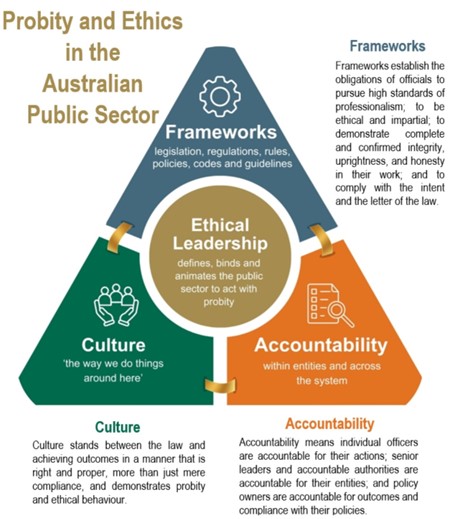Audit Committee public hearing: Defence Major Projects Report – exploring ‘military off-the-shelf’ and scope changes
THE Joint Committee of Public Accounts and Audit (JCPAA) will be holding a second public hearing on Friday, June 28, for its inquiry into the 2022–23 Defence Major Projects Report (MPR).
“The MPR is an important accountability mechanism and the discipline of the MPR over many years has had a positive impact on Defence’s internal management of major projects,” Committee Chair Julian Hill MP said.
“More evidence is needed regarding how Defence assesses military off-the-shelf options during procurement processes. For decades, previous reviews of Defence procurement have insisted that a military off-the-shelf option must be considered and compared to ‘bespoke’ options in new capability procurement.
“The committee also wants to understand how changes to scope are decided after a project is underway as variations to scope can be a key reason for delays and cost escalations. How are capability and delivery managers engaged in the context of scope changes and who ultimately decides? It’s important that industry realities and cost and schedule impacts are fully considered when a decision is made to change the scope of a new capability after initial procurement.”
The details are as follows:
Date: Friday, June 28, 2024
Time: 3pm – 5pm (AEST)
Venue: Committee Room 2R1, Parliament House
The hearing will be broadcast live and will be accessible from the Parliament House website.
Details on the inquiry—including the terms of reference and submissions received—are available on the Committee website.
ends
- Created on .

 How to resolve AdBlock issue?
How to resolve AdBlock issue? 